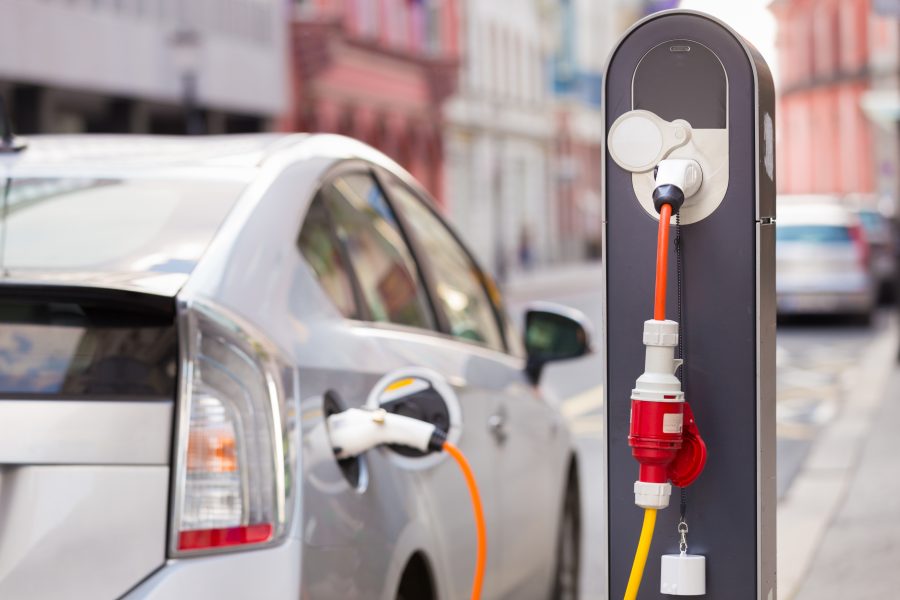<p style="text-align: justify;">Electric cars provide us with unique benefits and they are excellent vehicles for daily urban commuting. Big issues about electric cars are long charging time, lack of power and short range. These factors could relegate electric cars to complementary roles and never replace regular gasoline-fuelled cars. Despite these drawbacks, electric cars also have technical advantages. These cars provide instantaneous torque and you don’t need to wait the car to reach the appropriate revs. As an example, if the motor has a rated torque of 160Nm, you will instantly get a 160Nm torque with slight push of your right foot. It means that acceleration is much quicker. The commonly known benefit is that electric cars have zero emissions. This is something that even the most efficient gasoline car can’t match. Hydrogen fuel cell cars are also know for their zero emission, with pure water as the only by-product. However, it is still years away, before hydrogen fuel cells will be fielded on the significant scale. They are also still overshadowed by slow turnaround times and lack of range.</p>
<p style="text-align: justify;">Hybrid cars are often seen as suitable middle ground, by combining regular gasoline engine and an electric module. It means that you can get the power of gasoline engine and the efficiency/cleanliness of electric motor. However, it is often suggested that hybrid cars are not the saviour of the environment like what the media often portrays. Electric and hybrid cars are actually not fully sustainable. They put significant strain on the global lithium supply. The size of the car battery is more than 100 times bigger than the regular Li-ion battery. The annual global production of lithium is only at about 80,000 tons, while the production of Toyota Prius alone may require more than 35,000 tons per year. The electronic industry relies significantly on lithium and the element is essentially toxic, due to its extreme reactivity. It’s a common knowledge that lithium, along with two other metals, natrium and kalium, are highly reactive when exposed to water. When it is in contact with moisture, caustic hydroxide is produced, potentially causing health problems to human and living organisms.</p>
<p style="text-align: justify;">Today, there’s a continued interest toward diesel cars and they are no longer dirty, sputtering hunks of junk, which produce dark, billowing cloud of smoke and soot. Modern diesel engines are cleaner and more efficient. They are much more refined that regular diesel engines and today, we will notice only a faint rattle of diesel engines. Car producers from Germany, including Audi, Mercedes and BMW are known for their excellent diesel cars. Their diesel engines produce much less pollution and generate excellent torque. They become a viable solution for people who look for balance between performance and cleanliness. If cleanliness is an important factor for you, it is important for you to determine whether a car model is appropriate for your condition. Today, there are more than a few clean cars that can provide you with more than a little extra oomph in terms of performance.</p>

Endless Pursuit For Clean Cars
